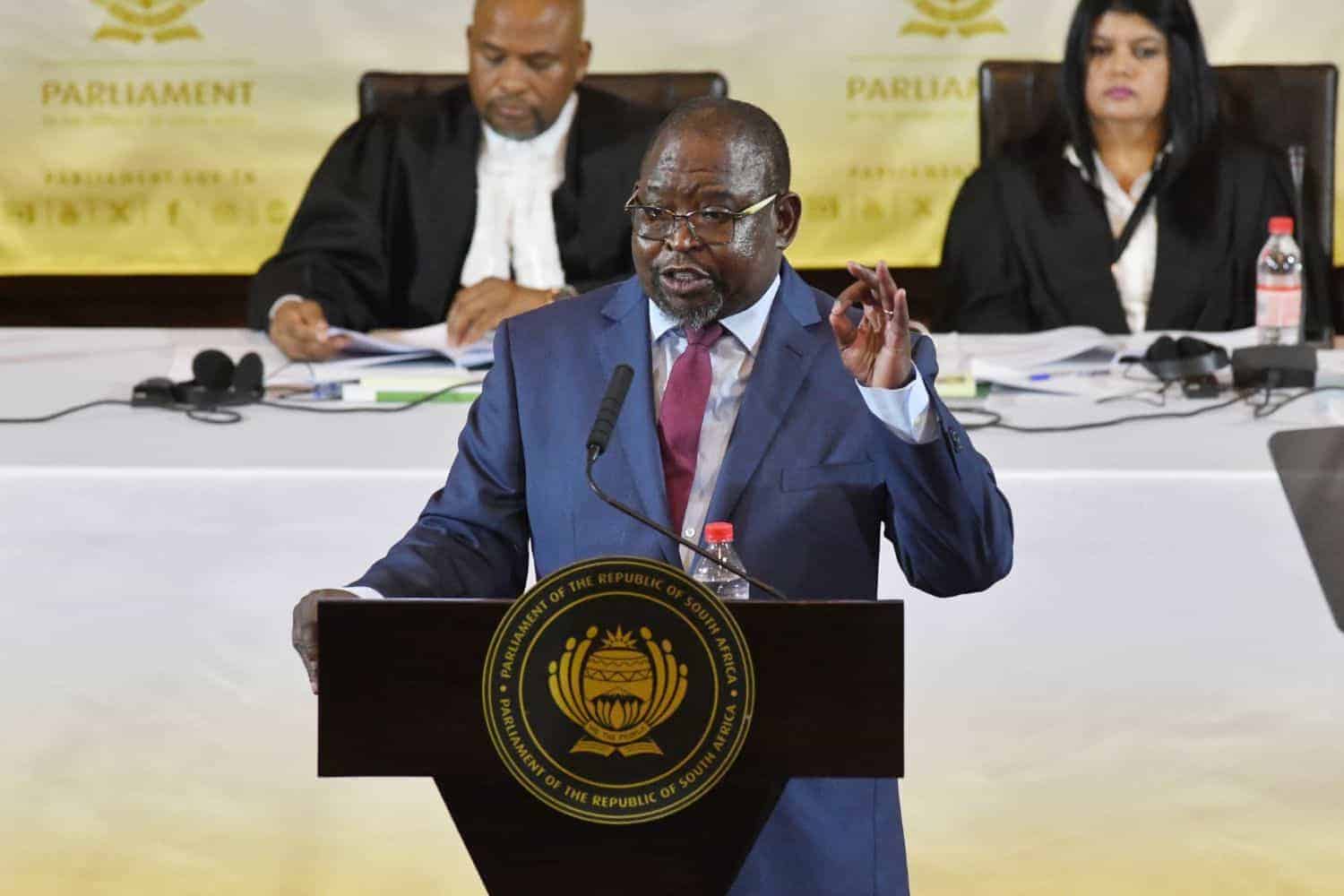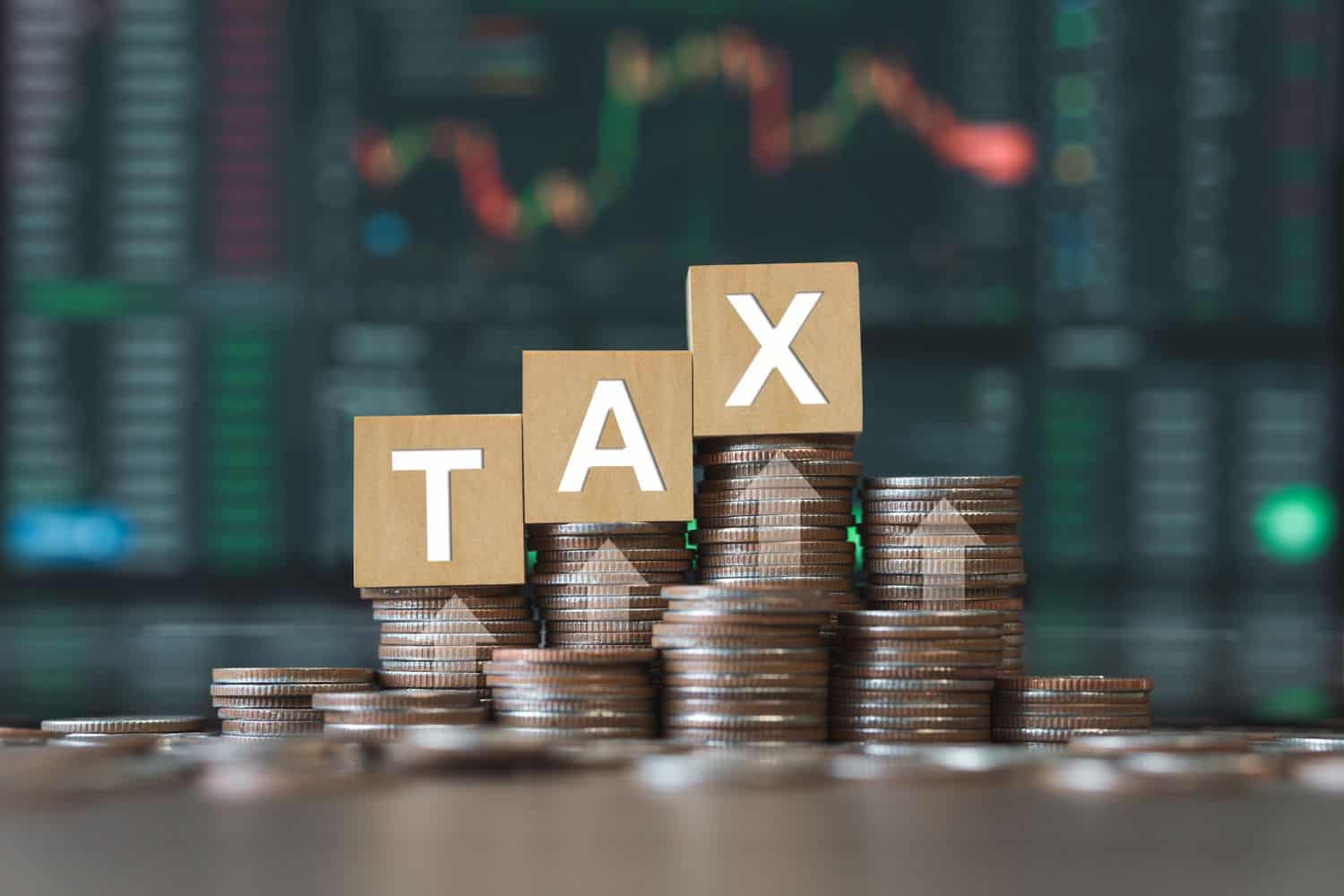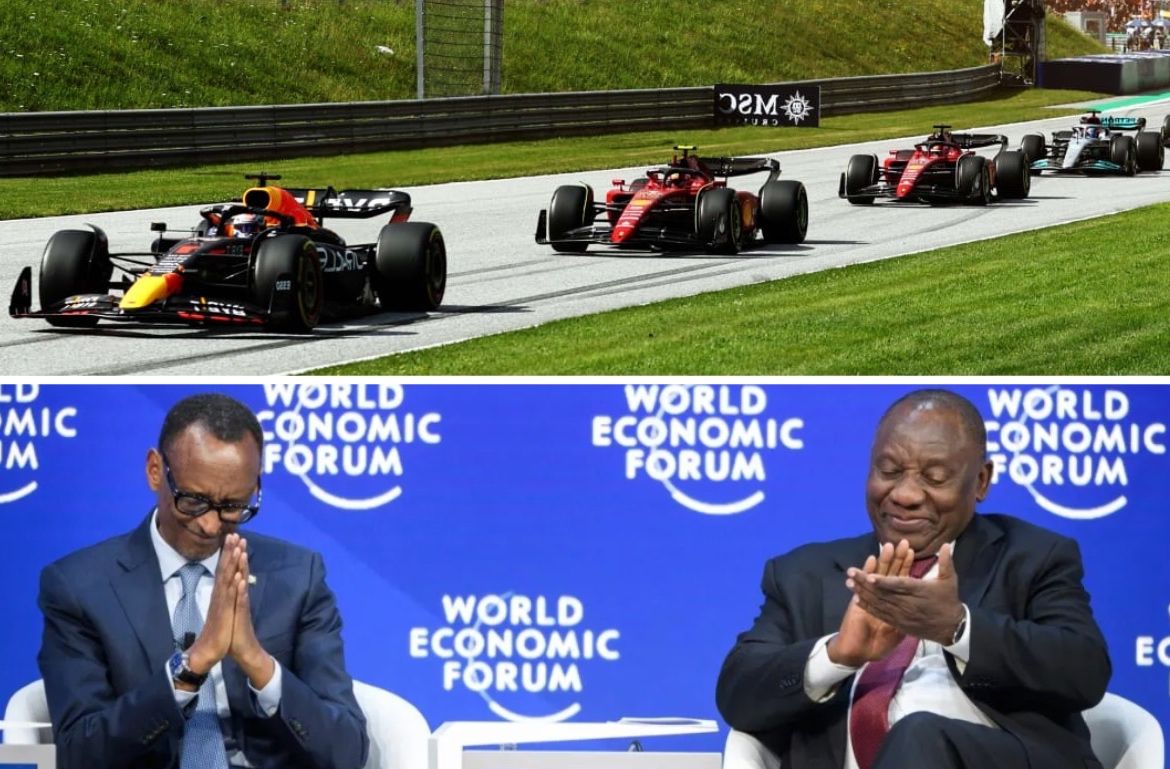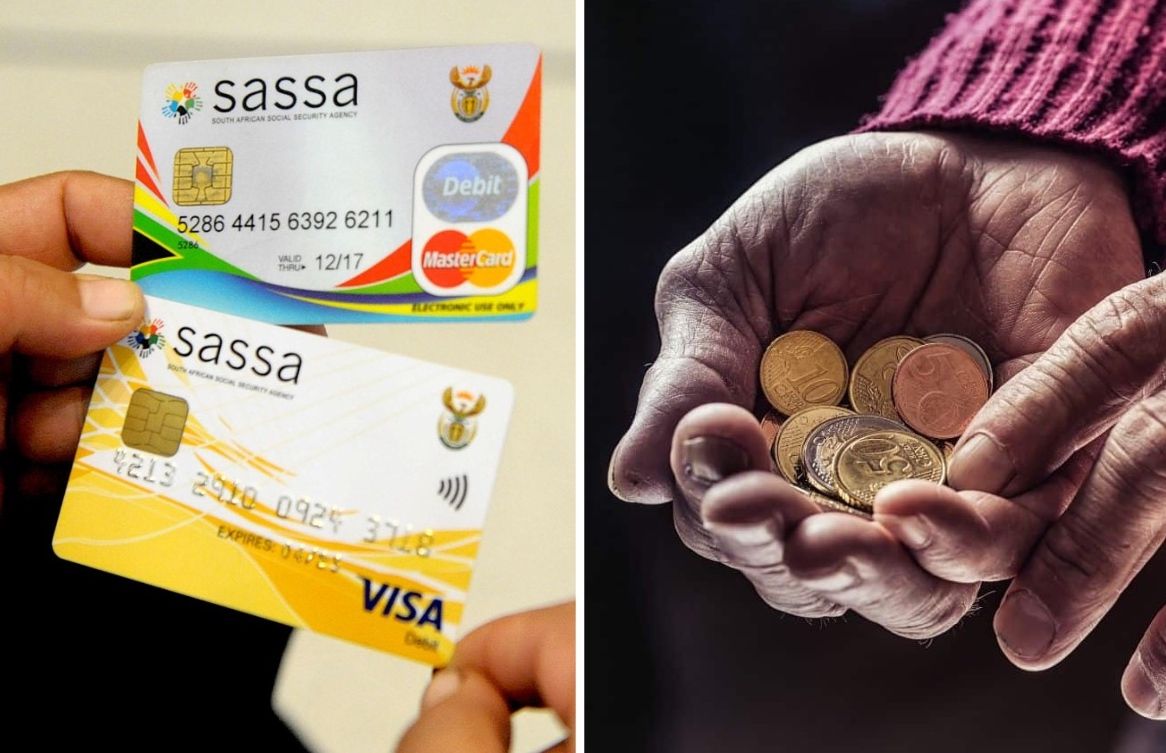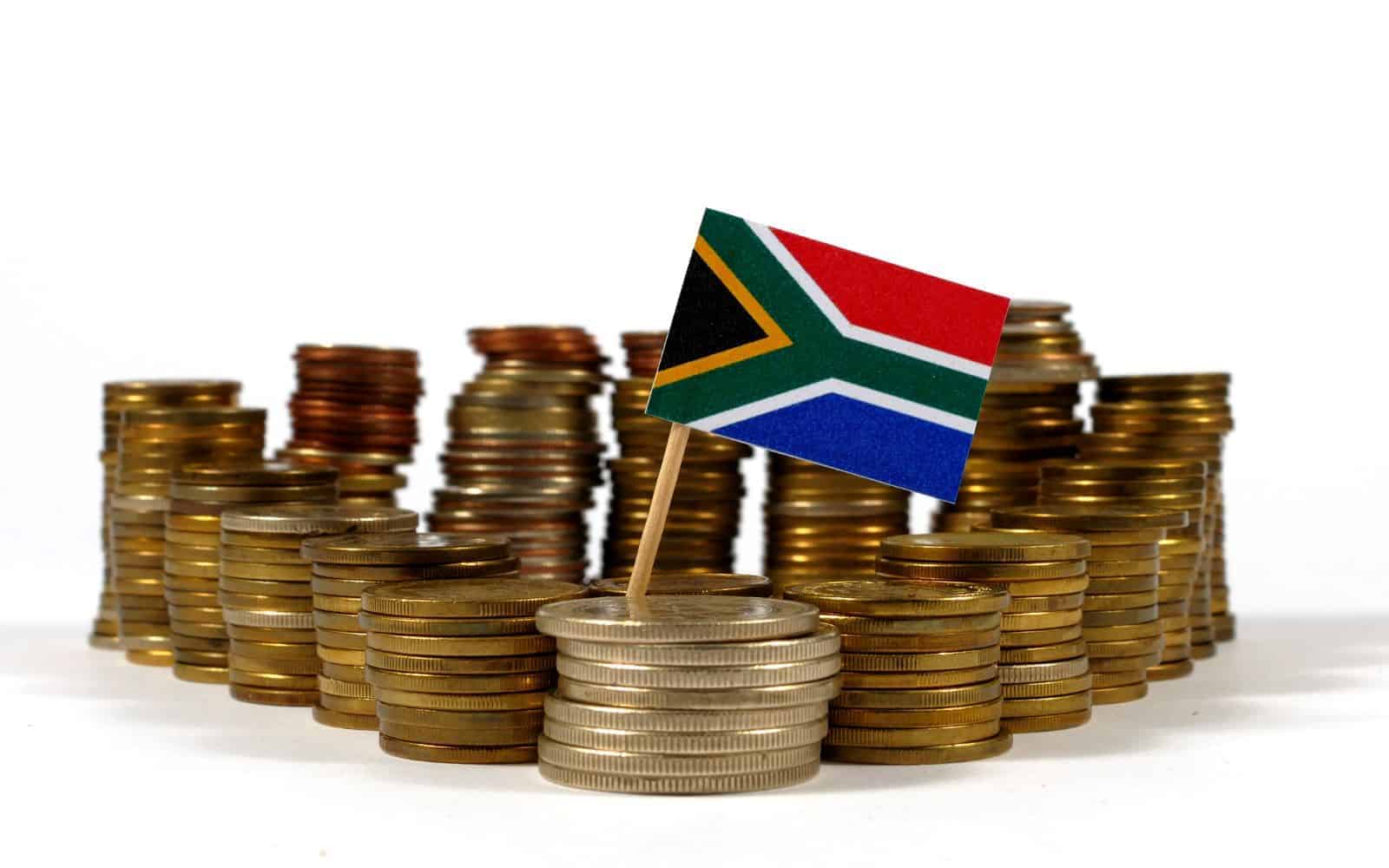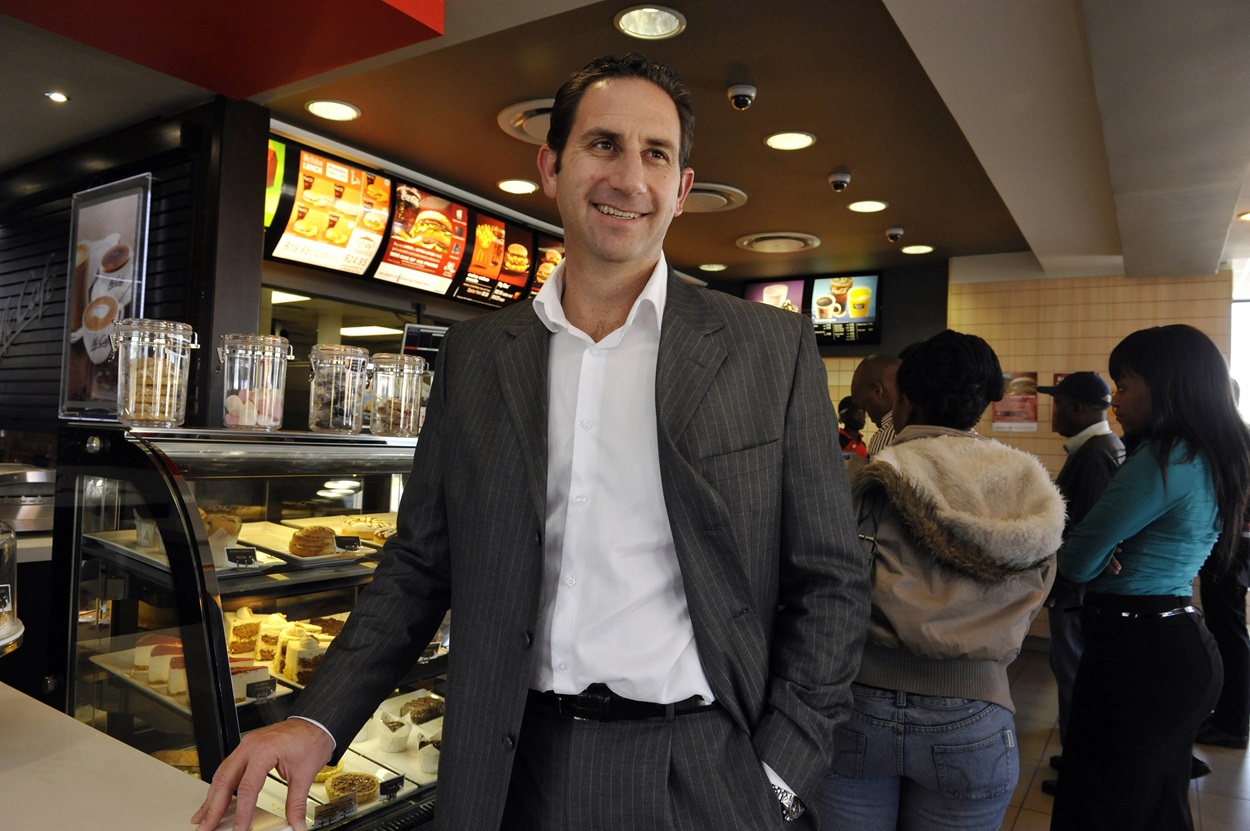Revenue shortfall expected to be around R10bn.
The South African economy is in a slightly better position than it was last year when Finance Minister Enoch Godongwana delivered his February budget speech. Inflation is down, interest rates are starting to come down, and load shedding has mostly been absent.
Initial projections were that the Medium-Term Budget Policy Statement (MTBPS) forecast, revised downwards by more than R22 billion, could have been beaten by R10 billion. However, it is now expected to be R10 billion less than the revised figure of R1.84 trillion.
Kyle Mandy, tax technical partner at PwC, says this is mainly because of disappointing corporate tax collections for December due to reduced profitability, particularly in the mining sector.
In October hopes were high that the South African Revenue Service (Sars) could collect R12 billion more from companies than the February estimate of R302 billion.
ALSO READ: Sars records increase in taxpayers who filed returns
No tax rate increases
Tax specialists do not expect any tax rate increases in either personal income tax or value-added tax (Vat) when Godongwana takes to the stage next Wednesday (19 February).
They also do not expect any change to the current 27% tax on company profits.
ENSafrica expects the basket of essential food items that are zero-rated for Vat to be expanded to support poor South Africans amid rising food prices.
There has been a strong lobby for the inclusion of chicken as a protein on the list.
This could cost the fiscus around R5 billion, says ENSafrica tax executive Charles de Wet.
Severus Smuts, indirect tax director at Deloitte, says to expand the zero-rated items on the list is an easy fix, but not very sustainable.
“It is not the best solution, but government has gone down a path where they have committed to it, and we will see some expansion on the work that has been done to date.”
ALSO READ: Two-pot retirement system: More than 2.5 million taxpayers withdrew R43 billion
Tax gap
Smuts believes the country’s tax gap – the amount of tax that can be collected compared to what is collected – is larger than the 10% to 15% it was estimated to be more than 15 years ago.
He believes the introduction of the e-invoicing system for Vat can narrow that gap.
“We have seen around the world where e-invoicing has been implemented that it resulted in an immediate increase of between 10% and 20% in tax collections.”
ALSO READ: Ramaphosa hints again at expanding SRD grant – and will Treasury go ‘BIG’ this time?
The grant is here to stay
Another unsustainable policy choice has been the introduction of the social relief of distress (SRD) grant. ENSafrica notes that the grant should have come to an end in March this year.
“Given that it has consistently been extended since the end of the pandemic, it is likely that this cut-off will again be extended,” it says.
In the 2024 budget, National Treasury planned for budgetary spending in 2026 and 2027 to account for further extensions to the grant. The SRD grant was allocated R33.6 billion in 2024/25 with provisional allocations of R35.2 billion and R36.8 billion for the 2025/26 and 2026/27 financial years.
Deloitte chief economist Hannah Marais says this is unfunded expenditure and the grant was supposed to be temporary of nature.
However, a recent court case could see a doubling of both the number of recipients and the amount to be paid out.
In terms of the Pretoria High Court judgment government must take steps to increase the value of the grant, and it must ensure that those who are eligible are not excluded. Treasury has not indicated whether it will appeal the decision.
A Basic Income Grant (BIG) has been touted as a future permanent replacement of the SRD grant.
Marais says there is a need for a cushion to protect the more vulnerable of society. However, SA’s medium to long-term requirement is to grow the economy and to create employment in sectors such as manufacturing that will create sustainable employment opportunities.
ALSO READ: Sassa problems and glitches this year, will we get a basic income grant in 2025?
Wealth tax
ENSafrica anticipates that the outcome of National Treasury’s analysis on a future wealth tax will be announced in this year’s budget.
An increase in the maximum marginal personal income tax rate is unlikely to generate significant additional revenue and would result in the emigration of wealthy taxpayers, having a negative effect on the tax base, says ENSafrica.
Increases in sin taxes (tobacco and alcohol) and sugar and carbon taxes have become the norm.
A discussion paper on Phase Two of the carbon tax was released in December. Some announcements regarding the outcome of public comments on the document are expected in the budget.
ALSO READ: Compulsory Vat registration threshold last increased in 2009
Relief?
Individuals can expect some relief in the form of inflationary adjustments to the tax brackets, says Tertius Troost, senior manager at Forvis Mazars. There were no inflationary adjustments to the tax brackets or the rebates in the 2024 budget.
If taxpayers do receive relief, it may be in the form of less-than-inflationary adjustments to the brackets.
Troost says the government of national unity has brought some political and economic stability despite the few curveballs in the shape of the Bela (Basic Education Laws Amendment) Act, and the Expropriation Act.
“If everything holds together for another six to 12 months, we will see confidence grow and perhaps push economic growth to 2% or higher.”
The DA announced on Monday that it has filed papers in the high court to challenge the Expropriation Act, saying that it is unconstitutional, both substantively and procedurally.
This article was republished from Moneyweb. Read the original here.
